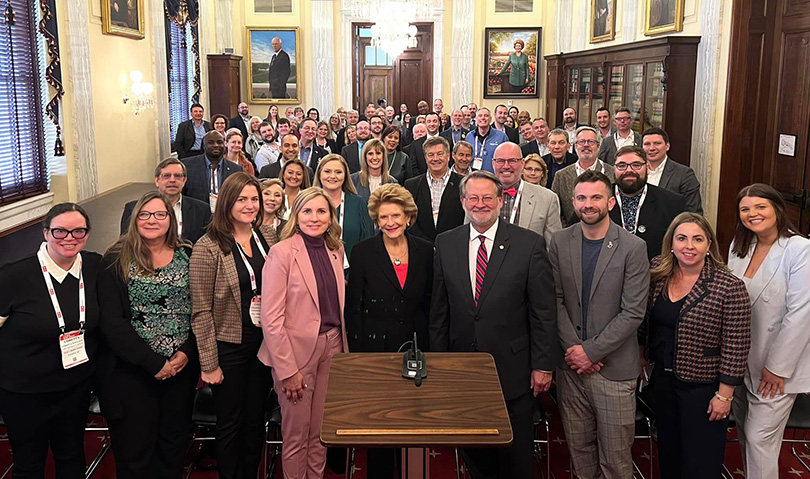MCUL Submits Comments on CFPB’s Proposed Rule on R-PACE Loans
Today, MCUL submitted comments in response to the CFPB’s Proposed Rule updating Regulation Z to account for Residential Property Assessed Clean Energy (R-PACE) loans.
R-PACE loans have a history of targeting vulnerable homeowners with high-cost terms through deceptive marketing practices and a lack of transparency in disclosures. Moreover, because R-PACE loans are attached to a borrowers’ tax assessment, mortgage lenders are subject to increased risks as R-PACE providers are able to take priority lien position. Here in Michigan, while Commercial PACE (C-PACE) is allowed, R-PACE has been successfully fended off thus far. As proposed, the regulatory updates do not address the priority lien position risks, but does include a number of new consumer protection rules to Regulation Z, such as adding new disclosure requirements for PACE providers or applying Ability to Repay standards to PACE loans, among other items.
Since R-PACE does not have a foothold in Michigan, the regulatory updates will have little impact on Michigan residential mortgage lenders. Still, we found it prudent to show support for the CFPB in their consumer protection efforts, given our fight against R-PACE in the state for similar reasons. As such, our letter to the CFPB briefly highlights the issues arising from R-PACE loans, its status in the state, and documents our support for the proposed regulatory changes, which includes specific support for the additional disclosure requirements and for the application of Ability to Repay requirements.
Read the full comments here.
« Return to "Advocacy News"

